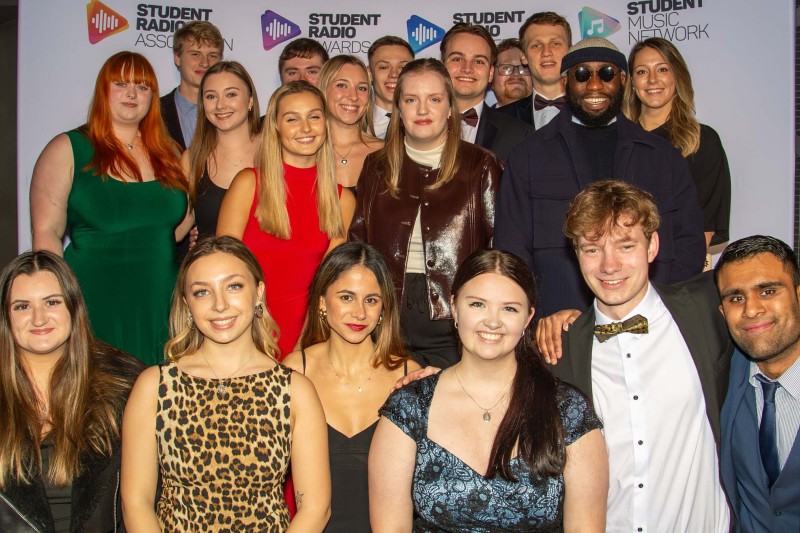Super recognition – an extraordinary ability to recognise faces – has found increased exposure this year, from media coverage about the ability, to use by police forces in helping to solve crimes.
However, research from Bournemouth University has found that even super recognition has its limits, particularly when it comes to recognising ethnicities other than your own.
The research found that super recognisers were better at recognising faces from their own ethnicity, and that their ability to recognise faces reduces when faced with other ethnicities.
The constraint – known in psychology as the other-ethnicity effect – face the same biases in face recognition as typical receivers, and were better in using their super recognition with people that looked more like them.
Dr Sarah Bate, lead author on the research and Professor of Psychology at Bournemouth University, said, “We are understanding more and more about face processing abilities and, as we do, each finding gives us a greater awareness of abilities like super recognition and how they operate.
“What is important about this finding is that it helps us to understand the limitations of the ability and should help to inform how super recognition is used moving forwards. For example, while it is celebrated that police forces are using super recognition to help solve crimes, we now know that super recognisers themselves will be far more effective when limited to finding faces of their own ethnicity.”
Dr Bate and her colleagues have been working on face processing conditions for a number of years, with Bournemouth University known worldwide as a centre of knowledge for conditions such as prosopagnosia – or face blindness – as well as super recognition.
The research, published in the Journal of Experimental Psychology, studied participants with super recognition against images of faces with differing ethnicity, and found that in all but four cases, super recognisers performed to a higher degree of accuracy when identifying faces of their own ethnicity.
Dr Bate concluded, “Of course, we know that the other-ethnicity effect is always a factor in recognition, but as we specifically look to understand super recognition more, this is a great step in helping us to understand this ability further.”
For more information about Bournemouth University’s work in face processing, visit: https://www.bournemouth.ac.uk/why-bu/fusion/centre-face-processing-disorders with the full paper available at: http://psycnet.apa.org/record/2018-64938-001



